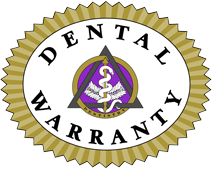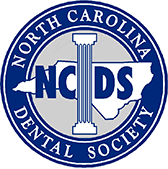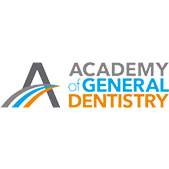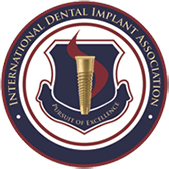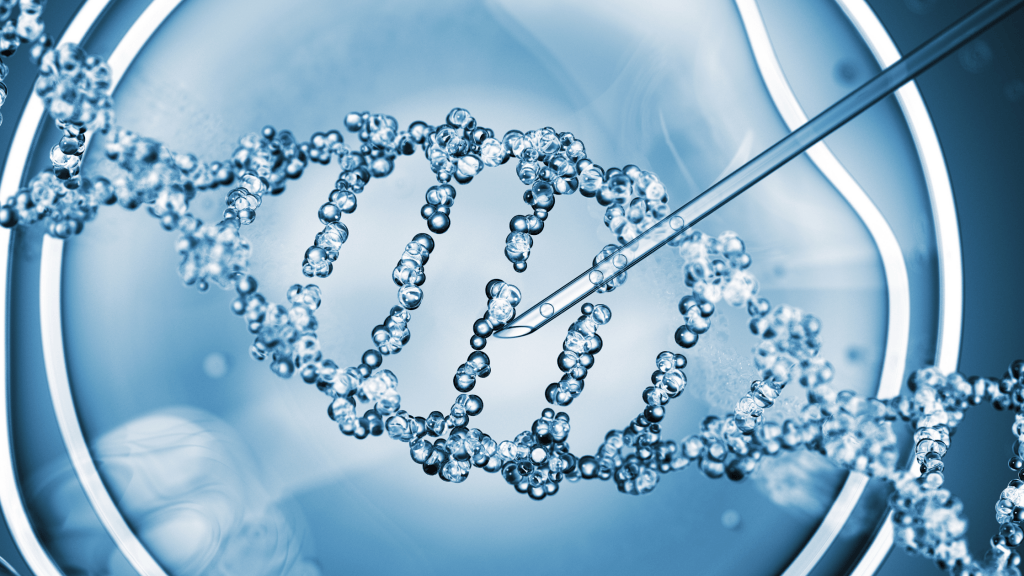
Many patients often have a misconception that they can inherit the dental conditions of their parents. Some even feel like they won’t achieve a bright and beautiful smile because no one in their family has a healthy smile. However, not all dental problems are hereditary and must not be blamed solely on your genes. Other factors can also affect your oral health more than genetics, like oral hygiene.
The best part about our oral health is that prevention and proper oral care can help us dodge dental problems, hereditary or not. In this post, discover the role of genetics on your oral health and the other factors that impact your healthy smile.
Role of genetics in your oral health
Our genes dictate the shape of our head, face, jaw, and mouth. In many cases, you may develop the same jaw size as your parents. You may also be at a higher risk for certain oral diseases if your parents had them. These conditions include:
- Oral cancer
- Gum disease
- Misaligned teeth
- Genetic oral abnormalities like cleft palate
However, just because you’re at higher risk for these diseases doesn’t mean you will eventually have them. The American Dental Association says genetics is just a piece of the pie. Many common oral diseases are not solely inherited by a patient but also result from environmental factors.
Factors that affect your oral health over genetics
Aside from your genes, physical, chemical, and emotional factors can also affect your oral health. These include:
Oral care routine
Brushing and flossing is always the best tandem in getting rid of the volume of bacteria in your mouth. Make sure to brush your teeth twice a day, especially before going to bed. Brushing without flossing can still lead to tooth decay.
Floss your teeth at least once daily to clean the areas your toothbrush can’t reach. It’s also crucial to visit your dentist twice a year to check for early onset of tooth decay or alignment issues.
Diet
The best diet to achieve good oral health and a healthy smile should not include sugary, acidic, and processed foods. Snacking between meals is also not good for your teeth. With a few weeks of mindful eating for your teeth, you will gradually notice the beneficial impact of your diet for both your oral and overall health, like losing weight and fewer sugar cravings.
Habits
Bad dental habits like biting your nails or using your teeth as a tool can cause trauma or physical stress on your teeth. Joining a sports event without proper gear may also lead to dental injuries. Treat your teeth with utmost care because no dental appliance can compare to the sturdiness and beauty of natural teeth.
Emotional health
Stress has never brought anything good to our bodies, even to our oral health. It can tense your facial muscles and increases your risk of developing bruxism or teeth grinding. The complications of teeth grinding, if left untreated, can go from worn-down teeth to jaw problems. So, take the time to destress and healthily release emotions through exercising or talking to a loved one.
Medical conditions
Your overall health can affect your smile more than your genes. Gastrointestinal conditions like GERD can contribute to enamel erosion. Diabetes is also a condition that increases your risk of developing periodontal disease. Taking care of your health also contributes to a healthy smile.
A healthy dental environment can outweigh the risks from your genes
By focusing on doing the proper care with the things that you can control, it’s more than possible for you to have a bright and healthy smile. Check out our family dentist in Charlotte, Dr. Taj, as he discusses the relationship between your genetics and oral health.
Modern Family Dental Care provides comprehensive dental treatments in Davis Lake and Concord Mills, NC. You may schedule an appointment today and take control of your oral health by reducing your risk for oral problems, whether it’s hereditary or not.

